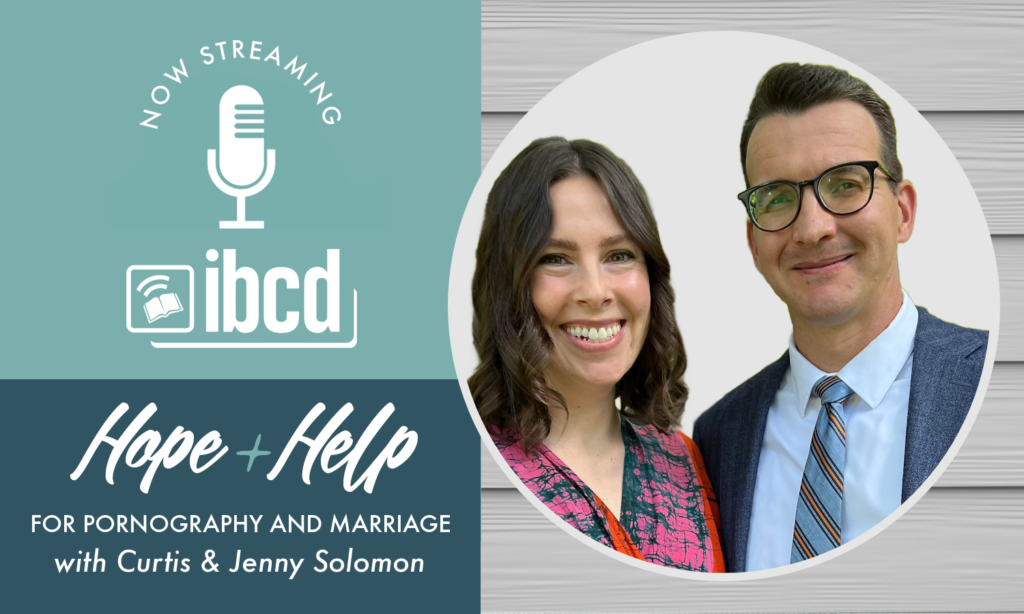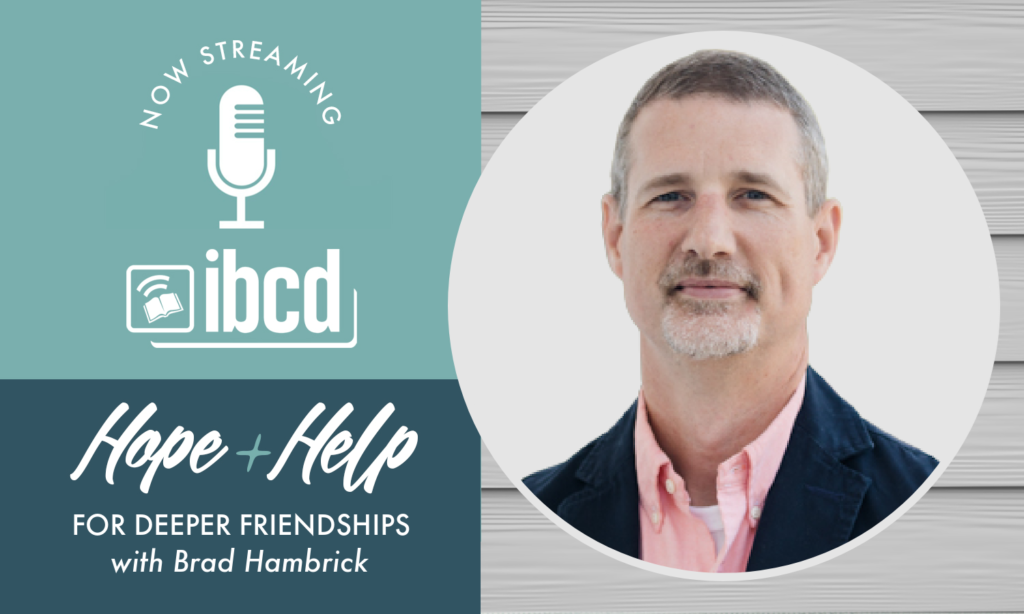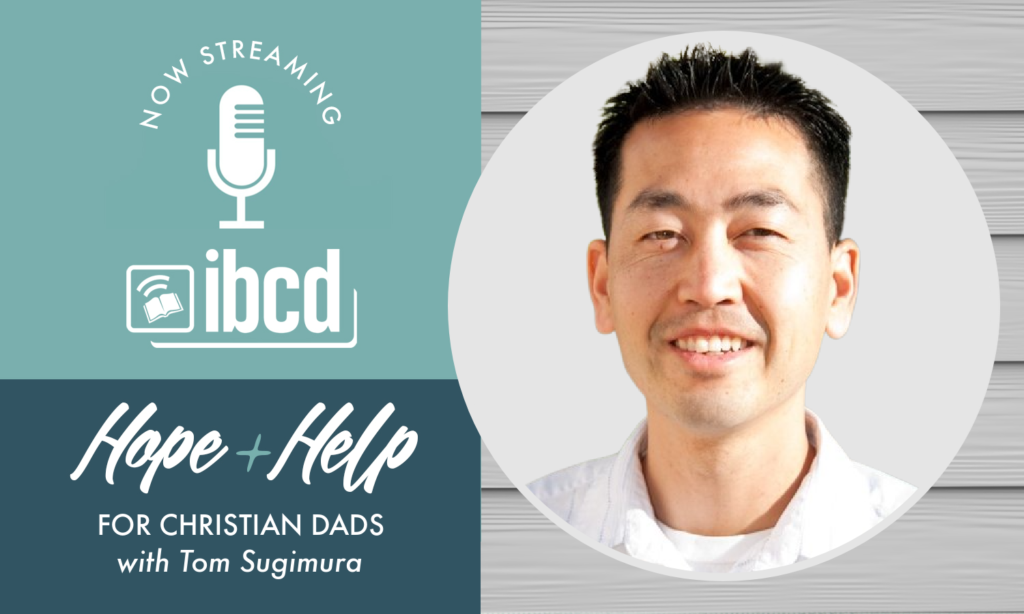You may not consider yourself a counselor, but when someone you love is walking through depression, you're on the front lines. You have been placed in a particular position by God to be a comforter (2 Cor. 1:4), a companion (Gal. 6:2), and most of all, a source of encouragement for the fainthearted (1 Thess. 5:14).
No, you may not be an "official" biblical counselor, but if you are a Christian ministering to another Christian, you are offering counsel. The only question being whether or not it is wise and appropriate for the time and occasion. In his timeless book, Life Together, Dietrich Bonhoeffer puts it this way:
No, you may not be an "official" biblical counselor, but if you are a Christian ministering to another Christian, you are offering counsel. The only question being whether or not it is wise and appropriate for the time and occasion. In his timeless book, Life Together, Dietrich Bonhoeffer puts it this way:












